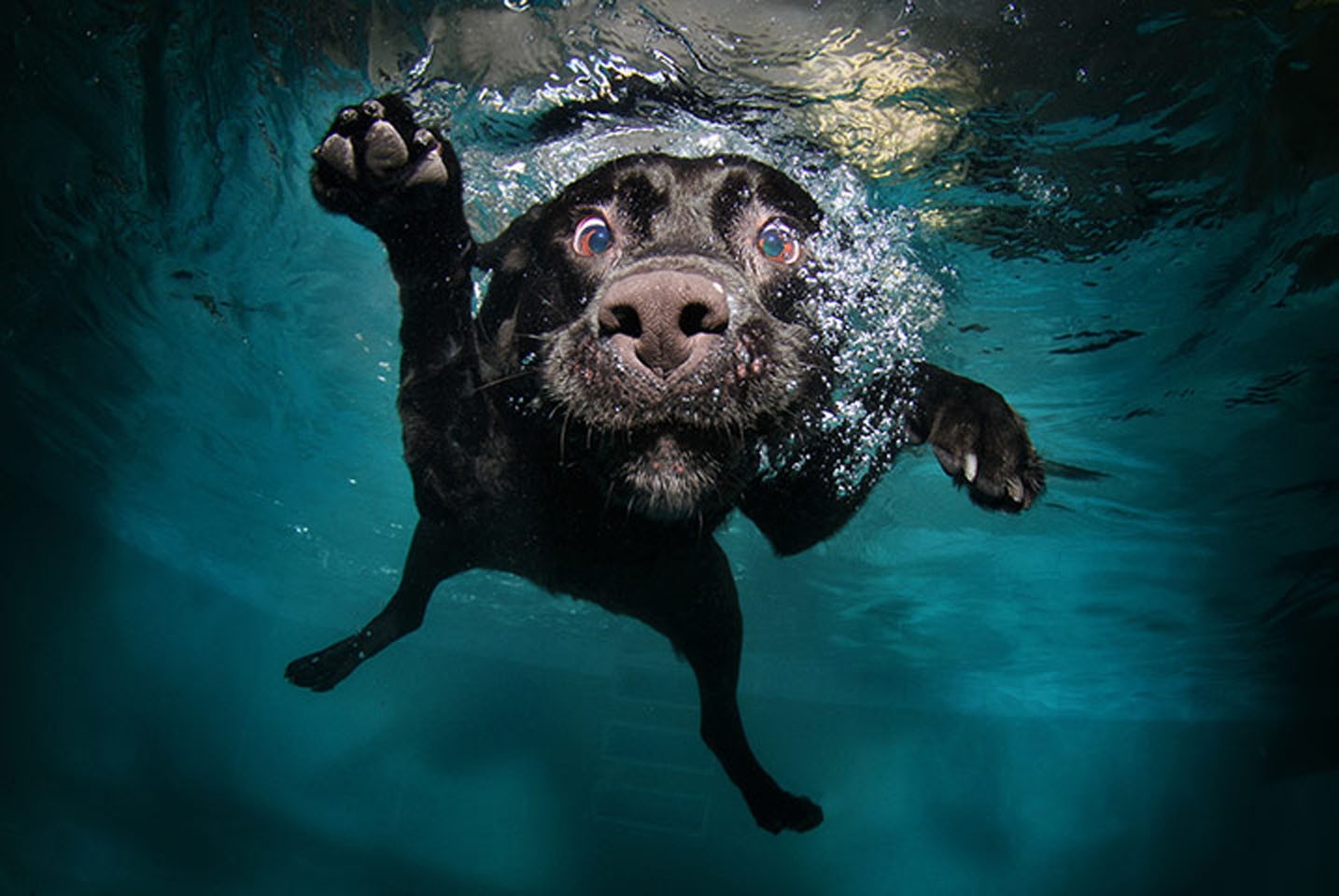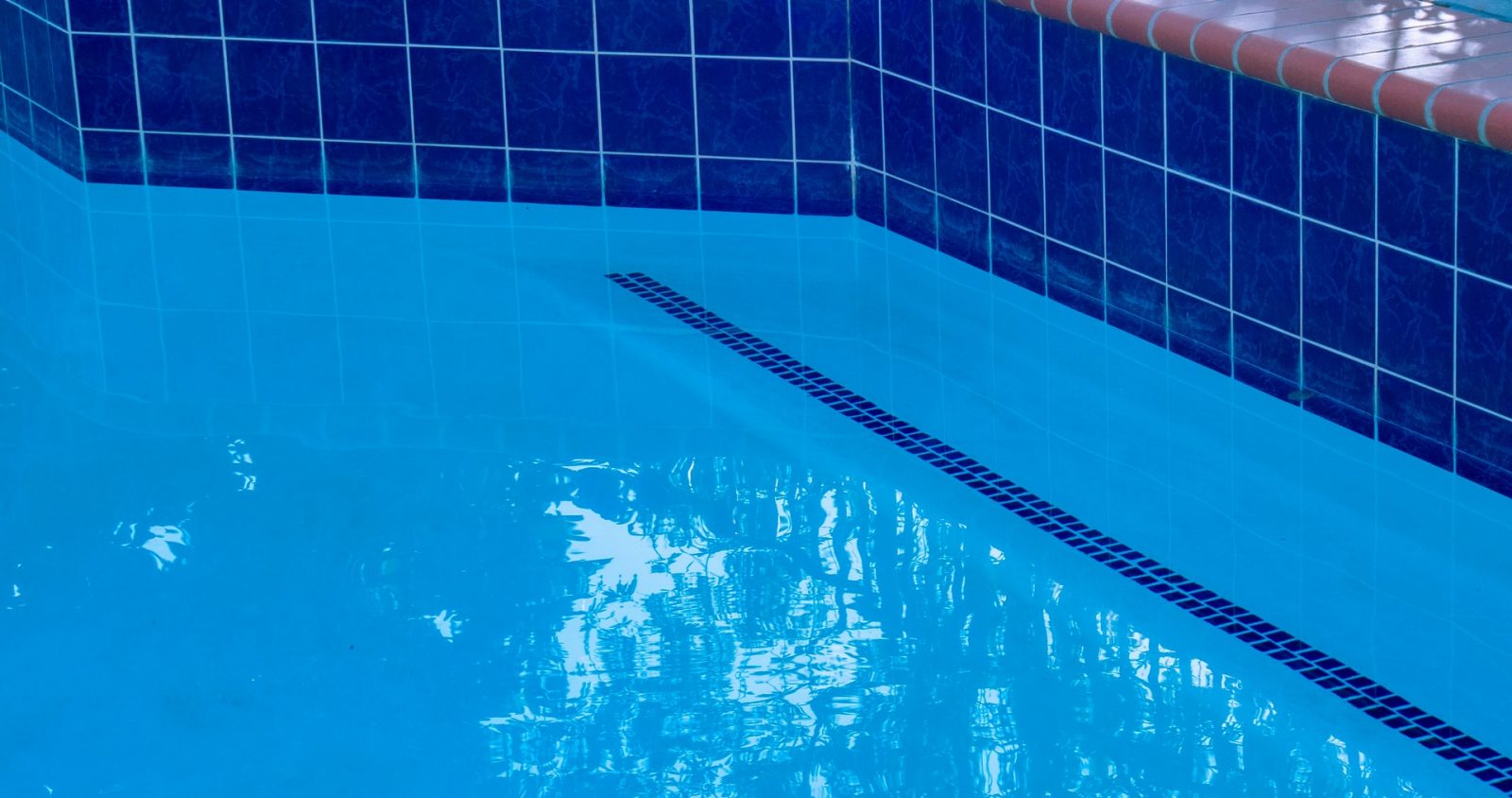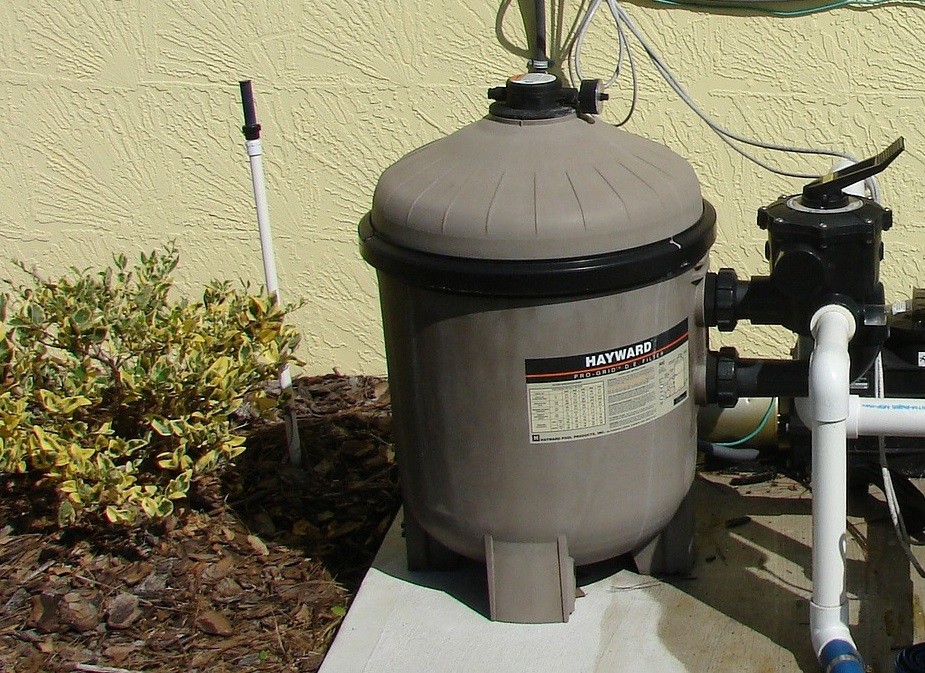Swimming is a fun activity that people of all ages will surely enjoy. However, swimming pools are also a perfect breeding ground for bacterias that can cause water-borne diseases. Therefore, whether it is a public recreational swimming pool or a private residential pool, you should take extra precautionary measures to avoid these diseases.
For added information regarding water-borne diseases and how to prevent them from happening, below are the conditions that you can expect, plus some advice on how to avoid them from happening.
Diarrhea

The most common water-borne disease acquired by many individuals who love to swim in a pool is diarrhea. The bacteria Cryptosporidium is a chlorine-tolerant microscopic parasite that breeds on swimming pools, especially public recreational pools.
This parasite is the one responsible for giving swimmers diarrhea after a day of swimming in a pool. Its tolerance to chlorine may be why diarrhea became the most common disease you can get from public swimming pools.
Chlorine is the number one used pool chemicals to sanitize pools and make it safer for people to swim. Furthermore, Cryptosporidium being tolerant to this chemical can be a huge problem. In addition, Cryptosporidium can live in pools for days and become the primary type of bacteria that is causing a diarrhea outbreak in swimming pools.
Swimmer’s Ear or Otitis Externa
Otitis externa is a type of ear infection that happens on the outer part of your ear. It causes swelling, redness, and itchiness or pain on your external ear canal. This is the area between your eardrum and the outer part of your ear.
Otitis externa is also referred to as the swimmer’s ear because most individuals who experience this condition are swimmers or other people who spend extended periods on the water.
The common cause of a swimmer’s ear is having excess water entering your ear and staying inside. Unfortunately, this water on your ear is a perfect breeding ground for bacteria which in return causes otitis externa.
The risk increases if the water that enters your ear is contaminated. Luckily, otitis externa or swimmer’s ear can be treated by using prescription ear drops. However, there are also ways to prevent it from happening in the first place.
After swimming, it is advised to pull your ear lobes as you tilt your head to drain any excess water that enters your ears. Additionally, you can dry your ears using a towel right after you get off the water.
Eye Irritation

Another condition you can get right after swimming in a pool or even as you are swimming is eye irritation. The common reason behind this is the irritants such as chloramines that are used to sanitize the pool.
The chlorine or saline on the pool can upset the tear film on your eyes which in result can cause pain, redness, and itchiness. However, this condition can be avoided if the pool area is well-ventilated.
If you are swimming in an indoor pool, ensure that the area has good ventilation, as even chloramines in the air can cause eye irritation. In the worst-case scenario, simple eye irritation due to the pool chemicals on the pool can lead to severe infection.
This commonly happens if bacterias present in the pool water find their way into your irritated eyes. As a result, you will be suffering from conjunctivitis.
Dermatitis
If the pool water has Pseudomonas aeruginosa, you can experience skin rash that will manifest after a few days from exposure to the contaminated pool water. Dermatitis symptoms include but are not limited to:
- Rashes
- Itchiness
- Redness
- Swelling/puffiness
- Blisters that ooze pus
To decrease the chance of acquiring dermatitis from swimming pools, you should constantly wash off that pool water on your body every time you get off the pool. Additionally, it is also recommended that you rinse as soon as you finish swimming.
Use a disinfectant soap and wash your entire body properly. Do not wear the swimsuit for an extended period and change into dry and clean clothing right after rinsing. Dry yourself using a clean and well-sanitized towel to ensure no bacteria will be left on your skin.
Legionnaires’ Disease
You might be wondering what legionnaires’ disease is. Whether you heard about it before or if this is your first time hearing of this disease, you should be aware of it. The bacteria Legionella causes the legionnaires’ disease.
This disease is, in fact, a type of pneumonia that can be acquired through inhaling a mist of contaminated water. However, only those individuals who have a weak immune system are at risk of being infected.
Symptoms of legionnaires’ disease include:
- Fever
- Chills
- Headaches
- Body aches
- Cough
- Shortness of breath
If you notice these symptoms after a trip to a swimming pool, it is best to schedule an appointment with your physician right away. This way, you can acquire the proper medication or treatment for the said disease.
How to Prevent These Conditions?

Pool chemicals are the most effective way to control bacteria growth in swimming pools. It has been the only way people sanitize their pools and ensure that their water is safe for swimming. Chlorine is usually added to the pool to prevent the germs from spreading and causing an outbreak.
When treating your pool with chlorine, it is best to close the pool first and not let anyone use it until the treatment is completed. In addition, the pool owner should be responsible for regularly checking the pool’s pH levels and chlorine concentration.
When adding chlorine or other pool chemicals to sanitize your pool, it is best to do it properly to ensure its effectiveness. Moreover, you must also understand that even though chlorine is the most effective way of eliminating bacterias in the pool, it does not work right away.
The chemical needs time to work, especially on some bacterias such as the Cryptosporidium. It is also best to drain your water completely, especially if the pool is often used by the public to remove any fecal matter that is present in the water.
After the draining, you should hyper-chlorinate your pool to ensure that any Cryptosporidium bacteria left will be eliminated.
Furthermore, if you want to make sure that your pool’s cleaning process and chlorination are correctly done, hiring a professional pool cleaning company can be the answer. These professionals are experienced and knowledgeable enough to carry out a complete and thorough pool cleaning on both private and public pools.
Takeaway
Swimming in a pool can increase the risk of many bacterial infections. However, with the help of the right chemicals and proper cleaning procedure, you can rest assured that your pool is safe for everyone who will use it.






